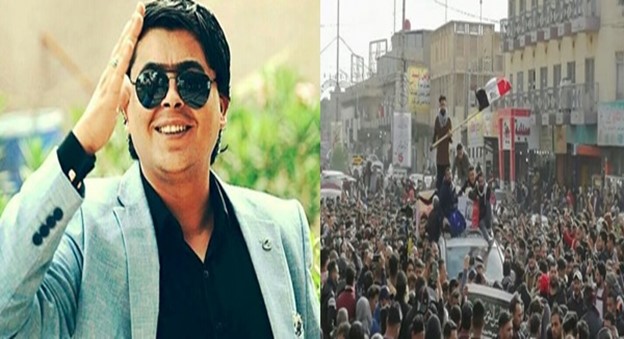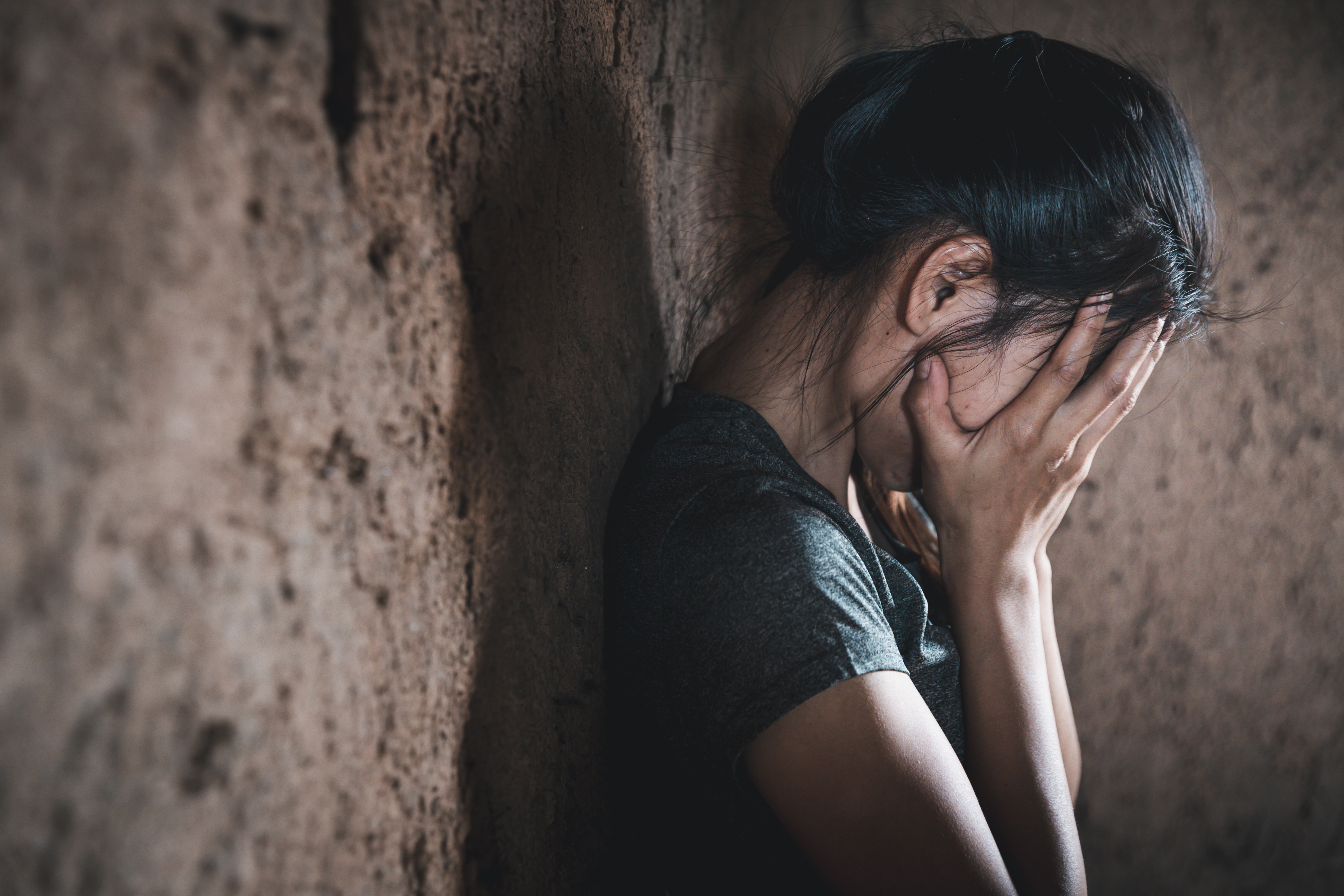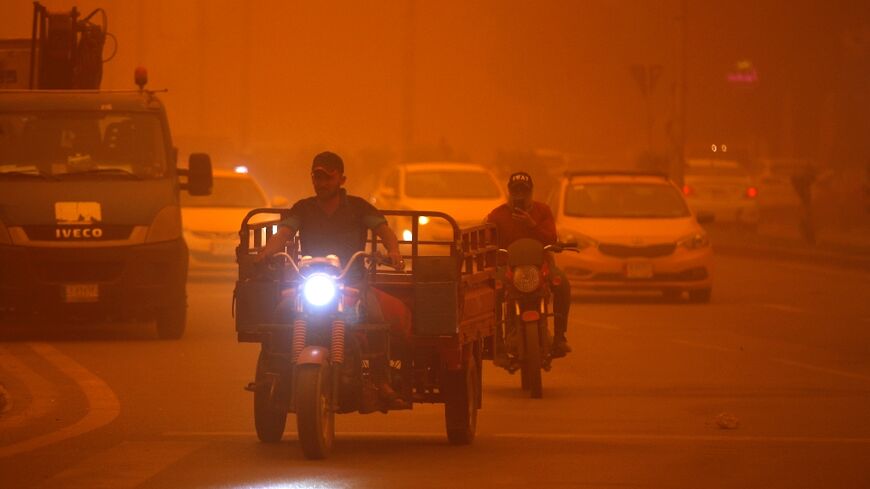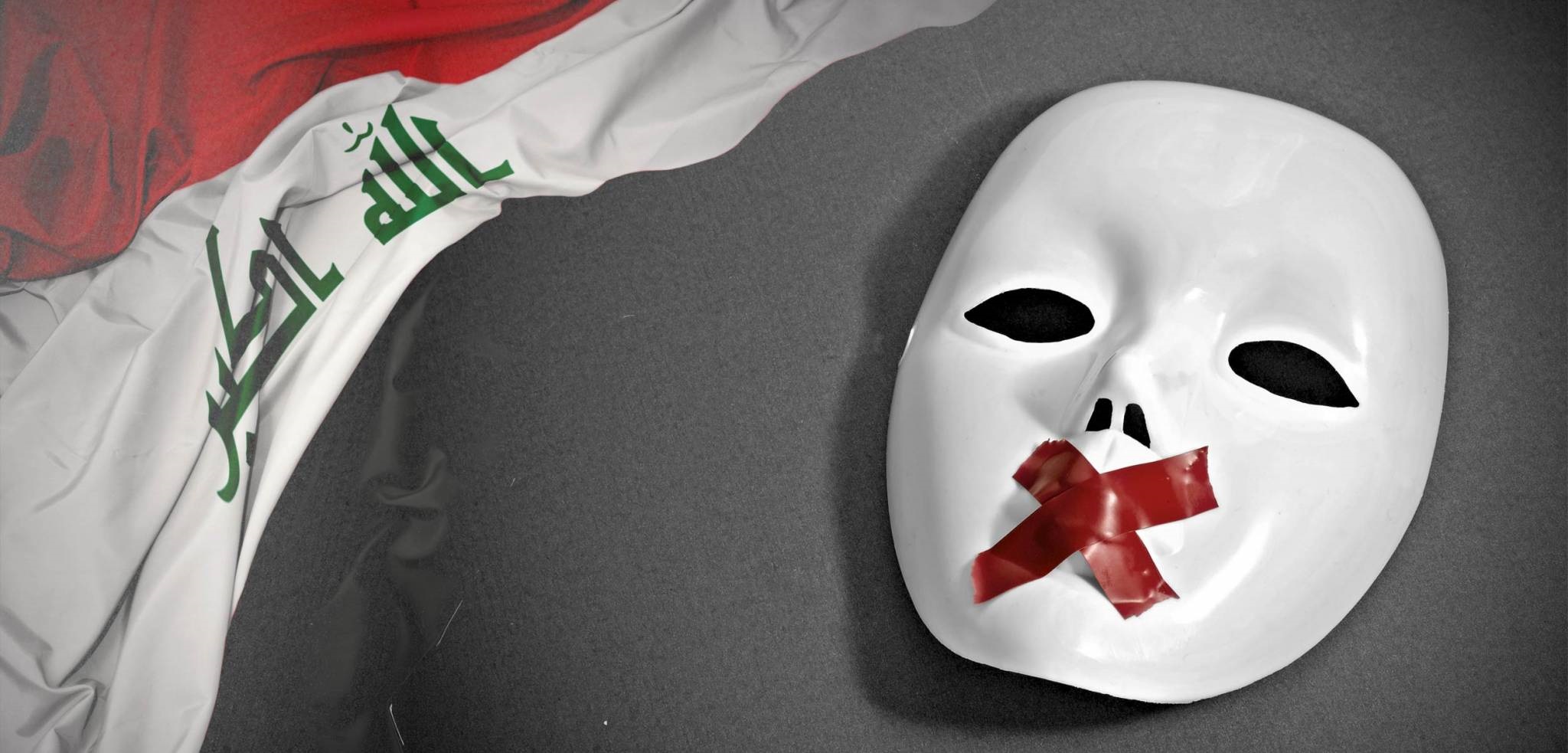As peaceful demonstrations continue in Iraq, human rights defenders and civil society activists, including doctors and medical support staff, have been arrested, kidnapped, wounded and assassinated by unknown assailants across the country. Many of those who have died have been deliberately targeted.
On the evening of 24 December 2019, human rights defender Thaer Karim Al-Tayyib, one of the leading organisers of the protests in the city of Diwaniyah, died of wounds sustained in an explosion caused by an adhesive device on his car on 15 December. Fellow activist Ali Al-Madani, visiting from the capital Baghdad, was slightly injured in the blast. Al-Tayyib was known for his kindness, generosity, sacrifices and campaigns to provide relief to the poor, orphans and those injured in recent demonstrations in his governorate. He was also a supporter of the current protests against rampant corruption. Thousands of citizens went out to the streets in his home town to participate in his funeral the following day. They declared that they will continue following Al-Tayyib’s peaceful path until they succeed in reaching their objectives for the formation of an independent government, an end to corruption, social justice and respect for public freedoms in addition to putting perpetrators of killings before the court of justice.
On the morning of 22 December 2019, unidentified gunmen travelling in a pickup truck shot at a civil society activist Hassan Naim Al-Bahadli, director of the Al-Kahla Health Center, while he was driving on the public road between the Al-Kahla and Qal’at Saleh districts in the Governorate of Maysan. He suffered an injury to his spine and is now in stable condition in the hospital. Al-Bahdali had previously been subjected to many threats due to his support for the current protests.
Also, on 22 December 2019, well-known activist and comedian Aws Fadel, presenter of the programme Watermelon State, escaped an assassination attempt by masked, unidentified gunmen in black clothes who were riding a motorbike in the Arsat Al-Hindia area in Baghdad. They shot at his car and damaged it. Fadel has supported the current protests and participated in the demonstrations of Al-Tahrir square in Baghdad. Watermelon State deals with the various situations of the country with purposeful criticism. After the accident, he said, "The Iraqi people continue until they achieve their goal."
On the evening of 21 December 2019, civil society activist and poet Hassan Najm was shot in his hand by unidentified gunmen in a pickup truck near Al-Mashrah district, 25 km from Al-Amara city, the centre of Maysan Governorate. Najm, who had previously received threats, was transferred to the hospital for treatment.
On 20 December 2019, at approximately 5 p.m., 26-year-old civil society activist Ali Al-Asmi was assassinated by masked gunmen in a pickup truck at the Al-Shaibani intersection in Nasriyah, the capital of Dhi Qar Governorate, who took him out of his car and killed him. Local reports stated that he may have been mistaken for his older brother, civil activist Salam Al-Asmi, who may have been the target. The two brothers have actively participated in the current demonstrations, and together they own a tent in Haboubi Square, the main headquarters of the protests in Nasiriyah. Salam Al-Asmi wrote on his Facebook page, "The one they killed is my little brother, not me, and in months is his marriage."
Several activists have died of wounds sustained during protests. On 26 December 2019, civil society activist Mortada Fouad Jamshir (Makki), from the Al-Hurriyah (Freedom) City in Baghdad, died of wounds he sustained after he was hit by a teargas bomb on the night before in the Al-Wathba Square area.
On 25 December 2019, 21-year-old civil society activist and engineer Amir Abdulkarim Al-Chalabi from Diyala Governorate, died after being hit in the head directly with a tear gas bomb on the Republic Bridge in the very heart of Baghdad on 25 October 2019. He was hospitalised in a coma since that date.
On 23 December 2019, civil society activity Abdullah Wahid Al-Khikani died of wounds he sustained on 28 November 2019 near the Zaitoon Bridge in the city of Nasiriyah when peaceful protesters were targeted by the security forces. He was in his twenties and a second-year student at the Department of Computer Technology Engineering, who also worked in a restaurant in order to collect the necessary amount for his marriage to the girl he loved.
Meanwhile, civil society activists continue to be arrested and kidnapped, particularly while returning from protests. On the evening of 24 December 2019, contact with civil society activist Alhor Mohammed Al-Sudani was cut off, as he had been kidnapped by an unknown group after returning from participating in the Tahrir Square demonstrations. Al-Sudani was released two days later on 26 December 2019.
On 20 December 2019, security forces arrested civil society activist Dr. Omar Yousif Al-Sultani, while he was returning from Al-Tahrir Square to his home in the Saidiya area, in south Baghdad. He was released on 22 December 2019. Al-Sultani worked in one of the medical first aid groups located in Tahrir Square to assist and treat protesters since the beginning of the protests. He posted on his Facebook page a video in which he thanked all those who participated in the campaign calling for his release, stressing that he will continue his work.
Also, human rights lawyer Ali Jaseb Hattab is still the victim of enforced disappearance since 07 October 2019, when he was kidnapped in the city of Al-Amara by an armed group that is known to the security forces in the Governorate. His father, although being in a state of shock, has not spared any efforts knocking on doors to get any clues about the whereabouts of his son, but to no avail.
Other human rights defenders have been threatened. On 23 December 2019, unidentified masked persons burned the car of human rights defender Hisham Al-Mozany, a member of the Namaa Center for Human Rights. The car was parked in front of his Baghdad home and was badly damaged. Al-Mawzani is one of the participants in the current protests and works to defend public freedoms, including freedom of opinion and freedom of peaceful protest.
The United Nations Assistance Mission for Iraq (UNAMI) published a report on 11 December 2019, in which it stated that, “Groups referred to as ‘militia’, ‘unknown third parties’, ‘armed entities’, ‘outlaws’ and ‘spoilers’ are responsible for the deliberate killings and abductions of demonstrators. These acts contribute to a climate of anger and fear.”
The Gulf Centre for Human Rights (GCHR), the Iraqi Network for Social Media (INSM), the Iraqi Observatory for Human Rights (IOHR), the Metro Centre for Journalists’ Rights and Advocacy, and PEN Centre in Iraq, express their deep sorrow for the killings and kidnappings of activists and peaceful demonstrators who carried only the Iraqi flag and their dreams of a free and dignified life, and express their full solidarity with the families of the victims. The NGOs also call on the Iraqi government to seriously work to stop these killings and kidnappings targeting peaceful demonstrators and activists and to fully fulfill its constitutional obligations that require it to protect public freedoms, including freedom of peaceful protest and freedom of opinion.
Once again, GCHR, INSM, IOHR, the Metro Centre, and PEN Centre in Iraq call on the Iraqi authorities to:
1. Fulfill their international obligations in the field of human rights, especially the respect for civil and human rights of all demonstrators in Iraq;
2. Conduct an independent, impartial, comprehensive and prompt investigation into the recent assassinations and kidnappings of demonstrators and activists with the aim of disseminating the results and bringing those responsible to justice in accordance with international standards;
3. Release all detainees, peaceful demonstrators and activists immediately and unconditionally, and enable those who remain in detention to contact their families and obtain a lawyer; and
4. Ensure that all human rights defenders in Iraq who carry out their legitimate work in defense of human rights are able to operate without facing restrictions, including judicial harassment.




